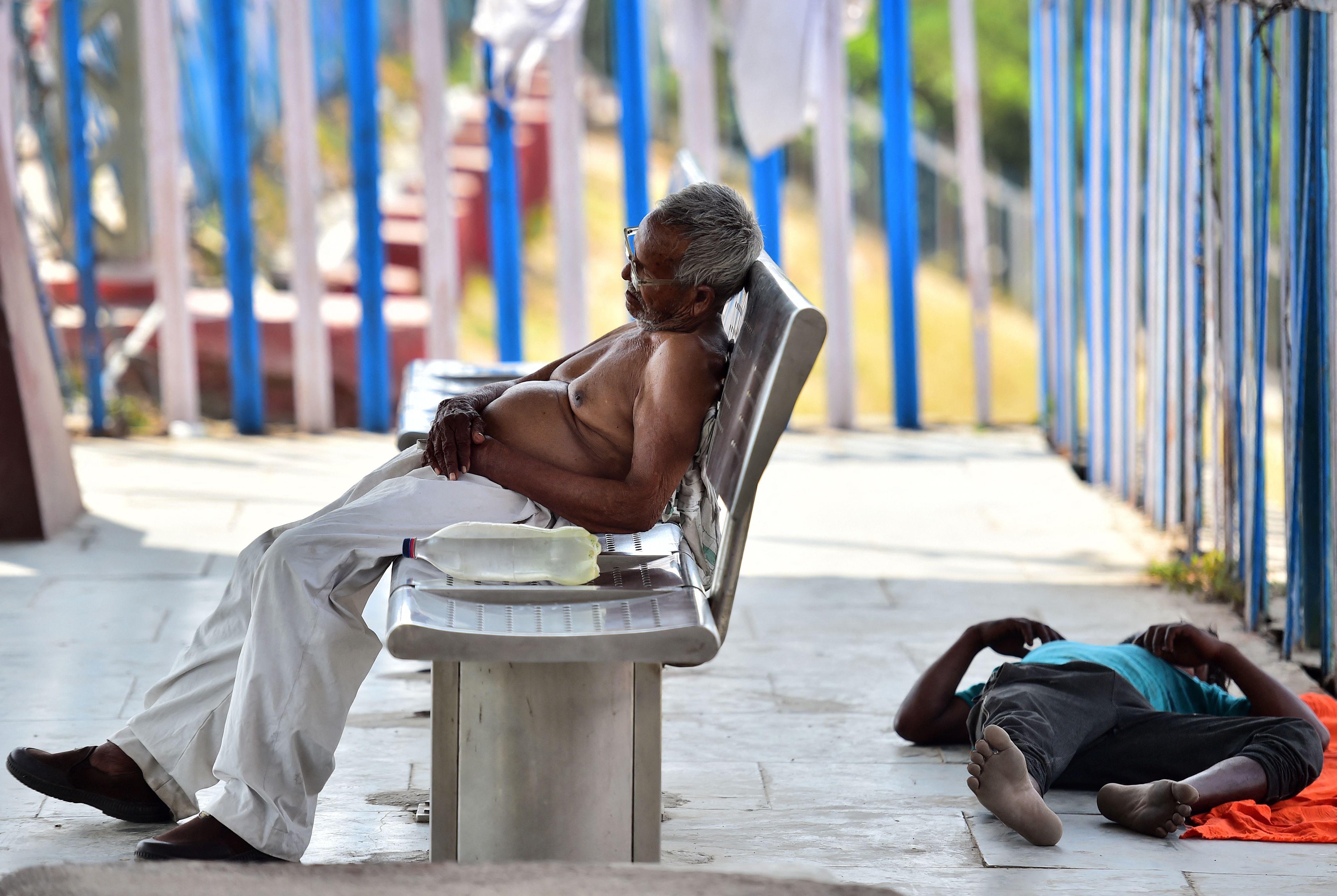Indian PM Modi urges states to prepare heat action plans as country swelters
Leader advises states and union territories to prepare heat action plans as heatwave continues

Narendra Modi has urged states to work on an action plan to combat the worsening heatwave situation in India, with temperatures in the past two months having broken all records.
Mr Modi, who has just returned from a three-nation tour in Europe, addressed a high-level meeting on Thursday to review the situation related to heatwave management and preparedness for the upcoming monsoon.
According to Indian media reports, he advised states and union territories to prepare heat action plans at state, city and district levels.
At the national level, India’s disaster management authority is responsible for managing heatwave-related impacts.
Temperatures have hovered around the 40C (104F ) mark for days in the capital, Delhi.
While plans for natural disasters exist at state and local levels, just a few cities that are more prone to the phenomenon have dedicated heatwave response plans.
This year, however, India has been reeling under an unusually hot summer that began in March, recording some of the highest temperatures in more than a century since the country began keeping records.
The India Meteorological Department has warned that the heatwave situation is set to continue, and get worse, in several pockets in the coming days as the country approaches the peak summer season of May-June when it is hottest.
The predictions remain in place despite some respite because of early monsoon showers in some areas.
The response from the prime minister comes after the impact of scorching heat led to an extreme coal shortage in the country because of an increase in demand for electricity.
A massive landfill in Delhi also caught fire and prices of fresh vegetables have soared, with seasonal crops destroyed because of the extreme weather.
The impact is also visible in the form of heat stress, as demands to shut down schools have been raised in several parts of the country.
This year’s extreme temperatures come after India’s heatwave situation has become more severe and frequent over the years, as the planet gets hotter due to the climate emergency.






Join our commenting forum
Join thought-provoking conversations, follow other Independent readers and see their replies
Comments